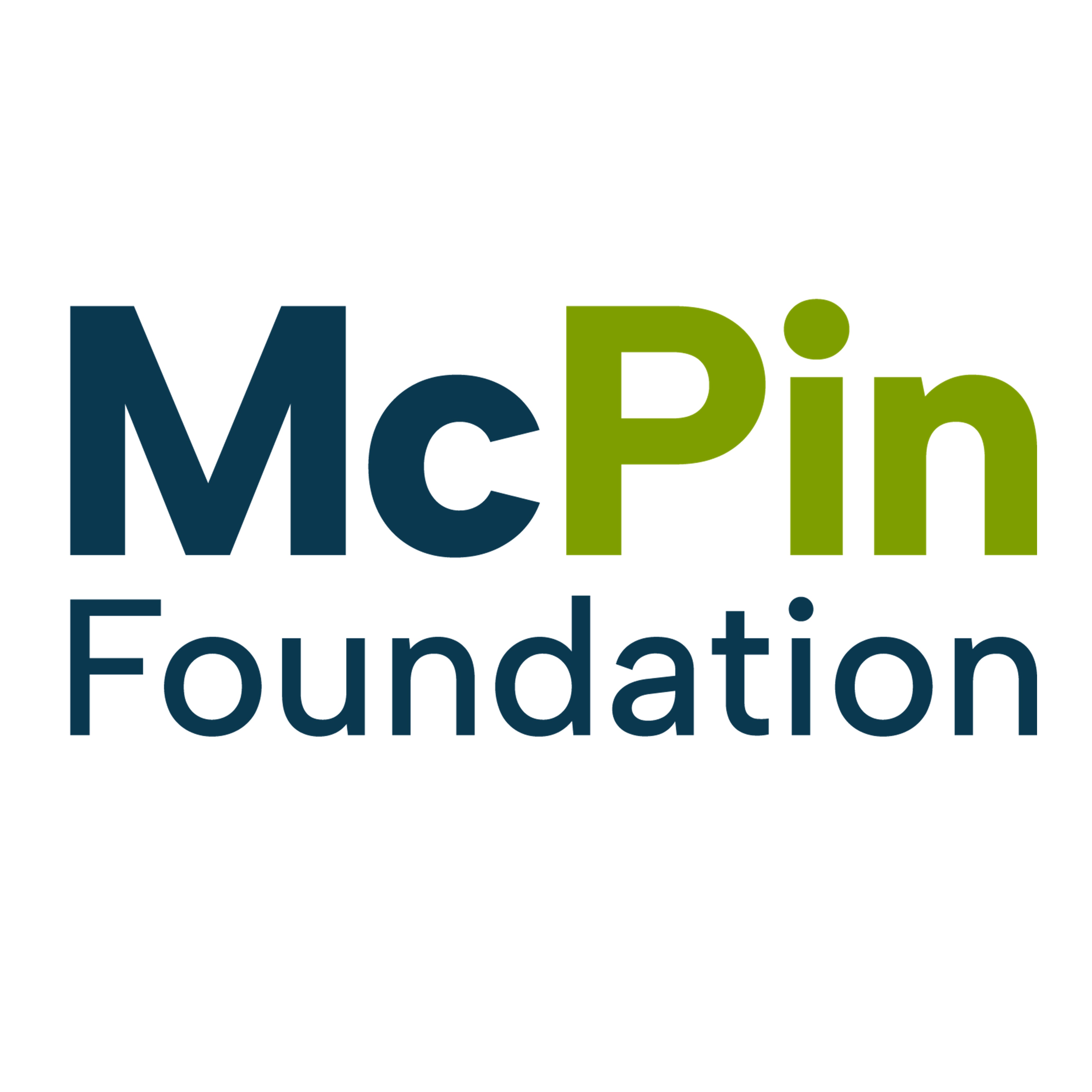McPin is a specialist mental health research charity – unique in its focus on peer research, coproduction and patient and public involvement & engagement (PPI&E) as a way to improve mental health research. Vanessa Pinfold, McPin Foundation co-founder and research director tells us how she has helped to put lived experience at the heart of the mental health platform.
Where it began
The UKRI mental health platform was in my mind a huge opportunity for the development of PPI&E in mental health research. The goal to encourage cross hub collaboration provides an infrastructure to do PPI&E differently and at scale.
When it was starting out in September 2024, there was lots of excitement in the hubs and DATAMIND around what could be achieved and how to do it. McPin Foundation was already involved as lived experience partners in 4 out of the 6 Hubs, and I was interested in the plans for lived experience leadership. I offered to help shape them and became the interim PPI&E strategy lead in the platform.
Laying the foundations
Recognising the lived experience expertise already within the hubs and DATAMIND was vital; as was bringing those individuals together into a space to share ideas, get to know each other and update on individual plans to get a sense of potential collaborations.
In PPI&E, you need to be open to different ways to doing things. The five hubs and DATAMIND have all approached the building of a mental health platform PPI&E programme with both stretch goals and practicalities in mind.
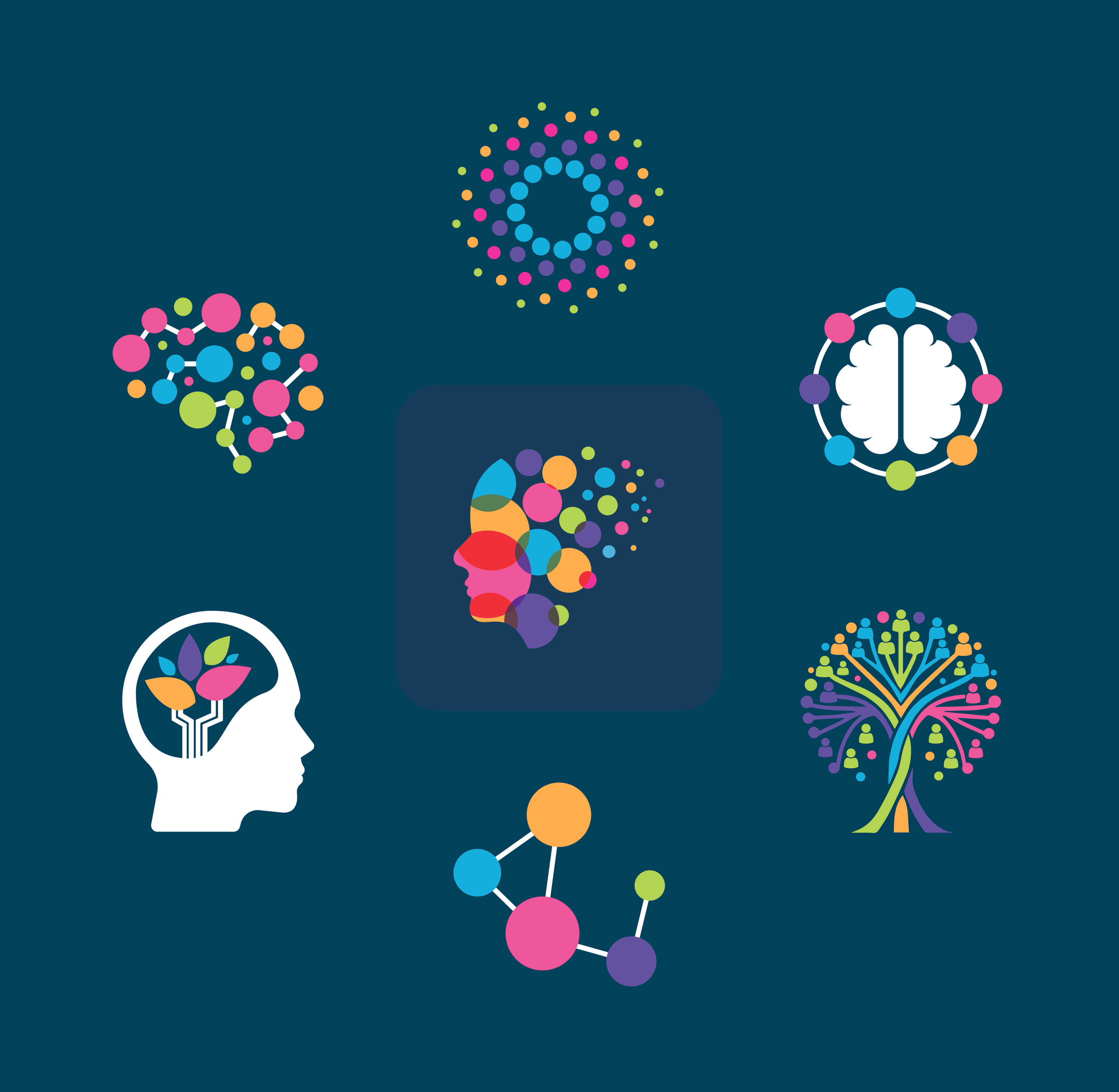
The six investments operate different PPI&E models – such as Lived Experience Advisory Panels (LEAPs) run by McPin in the Social Health and Complex Emotions hubs, unique coproduction collective formed in ImmunoMind, and Bipolar UK leading the Brain and Genomics lived experience programme. DATAMIND have a well-developed Lived Experience Advisory Group, as they have been operating over 3 years now and won awards for their work. Metabolic Psychiatry is a collaboration which also involves McPin alongside a university employed lived experience researcher as PPI&E co-leads. This is already a lived experience community of more than 60 people contributing to priority setting projects, supporting research ethics applications, piloting data collection tools, and building websites.
As interim PPI&E strategy lead, I took three overarching considerations into the strategy work with the MHP:
- Lived experience involvement in research needs resources and time to flourish
- Practical programmes are best built upon a values based co-produced by all partners
- We should be ambitious and seek out varied and diverse opportunities to bring lived experience expertise into platform strategies and workplans, conversations and leadership roles.
Expertise in the platform
As the MHP launched, we had to move quickly, but much has been achieved in a short period of time. We set up a PPI&E steering group, with two lived experience leaders from each of the six Hubs. This process involved developing a role descriptor, spending time getting to know each other, developing a “Ways of Working” charter and Terms of Reference for the group. All essential groundwork for future collaborations and positive team work.
There is a lot of lived experience knowledge and talent in the platform PPI&E steering group and network – people with bipolar, psychosis, depression, complex emotions, and physical health comorbidities who want to use research to improve mental and physical health outcomes in SMI. We have artists, project managers, industry specialists, communication professionals, students, researchers, entrepreneurs and PPI coordinators. There is so much potential.
John Gibson, senior peer researcher at McPin Foundation, says:
Through working for McPin, and in particular being the PPI co-lead in the Social Health hub, I have the opportunity to meet and form reciprocal relationships with a whole range of people with lived experience from diverse backgrounds.
The platform and its steering group build on this, creating a network where other lived experience researchers and advisors meet regularly to support each other, discuss ideas and share plans and approaches. Helping to shape the new lived experience network with members of the other hubs and learning about the innovative research being carried out in place like Cardiff, Cambridge and Edinburgh provides a much richer experience and knowledge-base around SMI than being limited to one particular project.
The work is still in its early stages, but I have already learnt so much - thanks to the platform, in terms of breadth as well as depth. I’m very much looking forward to what comes next.
The MHP PPI&E Steering Group
The good news was the ideas being put forward by the 12-person PPI&E steering group, were well received. This included the need to appoint a PPI&E dedicated coordinator – who we recently welcomed to the team.
The PPI&E steering group has been meeting monthly, with “task and finish” subgroups set up to focus in specific projects. This has included planning the first Industry Forum meeting and supporting the roll out of the Early Career Researcher (ECR) fellowship funding call. The next rolling programme of sub-groups are already underway and include planning the first MHP Research Summit in October 2025.
Another group will be developing a new initiative for small grants available to lived experience led teams, linked to the Hubs. This will help to build capacity and showcase innovation - look out for more information later this year.

Building up and breaking barriers
What this process reinforced for me personally was the importance of communication – and picking up the phone to keep everyone in the loop and check in on shared decision making. Sounds simple but takes a lot of often unseen time, effort and emotional labour. PPI&E is relational work and it requires commitment to build relationships and trust. Putting time into building a framework for how everyone wants to work together underpinned by coproduced values was very rewarding.
I will be leaving the role as strategy lead soon because the foundational work is done. As part of this I have been chairing the Steering Group meetings since December - I will miss them and seeing the group regularly.
I will be transitioning to an advisor position, with the McPin Foundation a platform partner. I’ve really enjoyed being an early part of the mental health platform PPI&E journey and also look forward to the next stages as the research gets underway in each of the hubs. This type of work can impact your mental health. But you meet incredible people along the way which makes any road-blocks worth the struggle. Particularly if you have support in place around you each step of the way – which I do at McPin from my amazing colleagues who work in the hubs linked to the platform – Tanya, Lisa, John and Annie.
Hopefully you will get to meet and link with them over the course of the next few years, and many more people with lived experience who will also contribute and have opportunities to lead work within the platform bringing our plans to life.
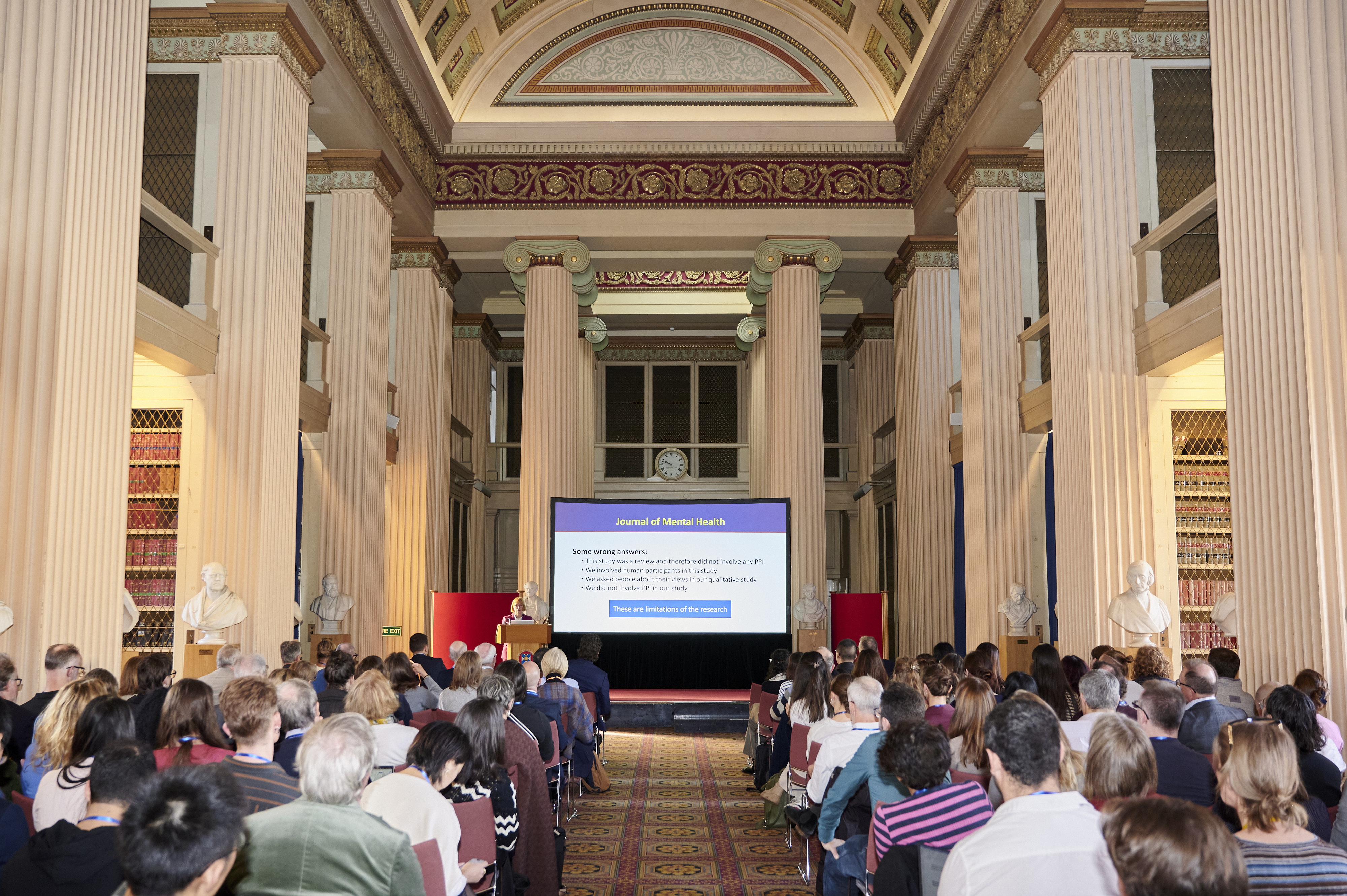
MHP Research Summit Hot Topic: Collaboration
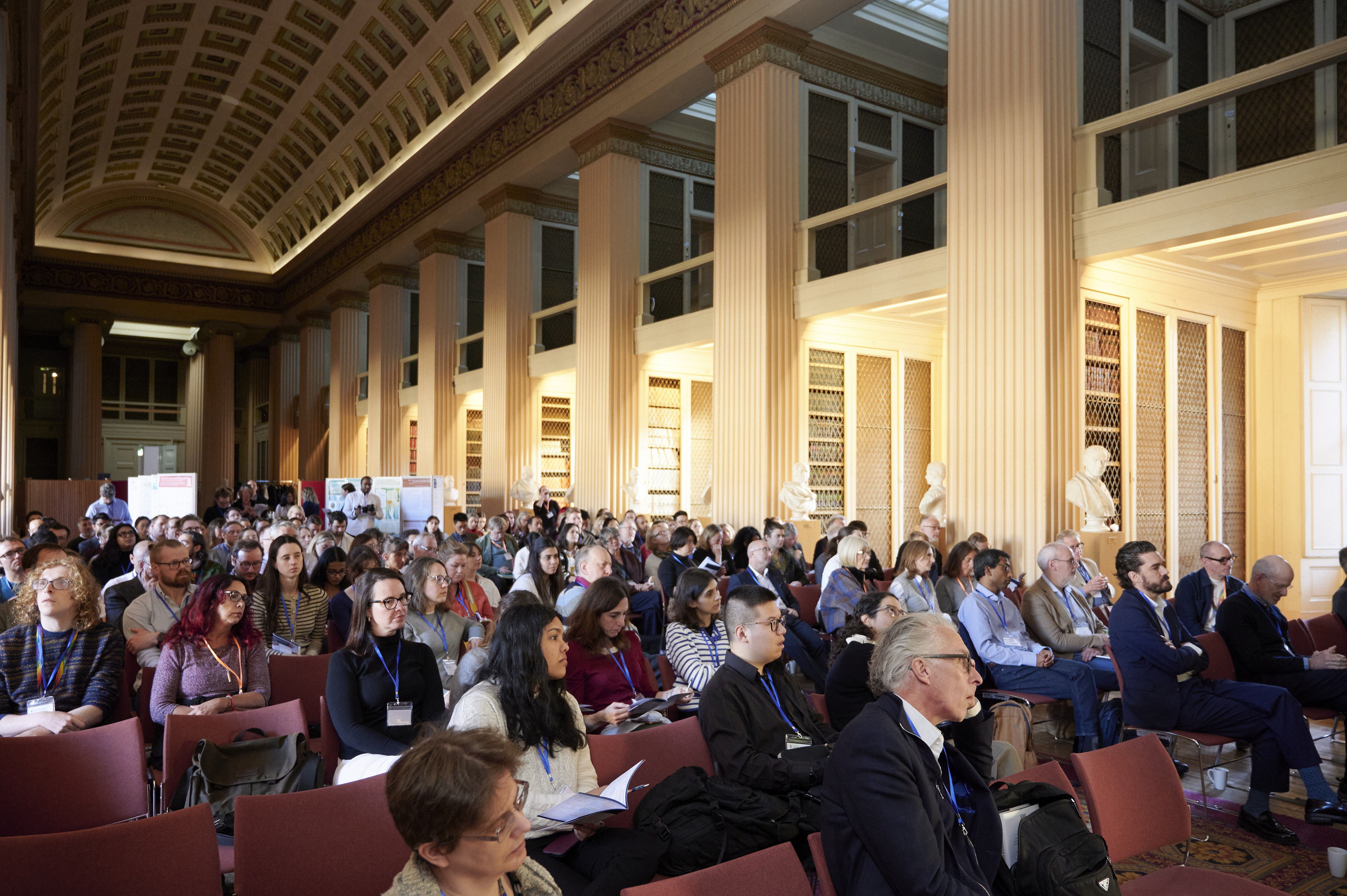
MHP Research Summit Hot Topic: PPIE
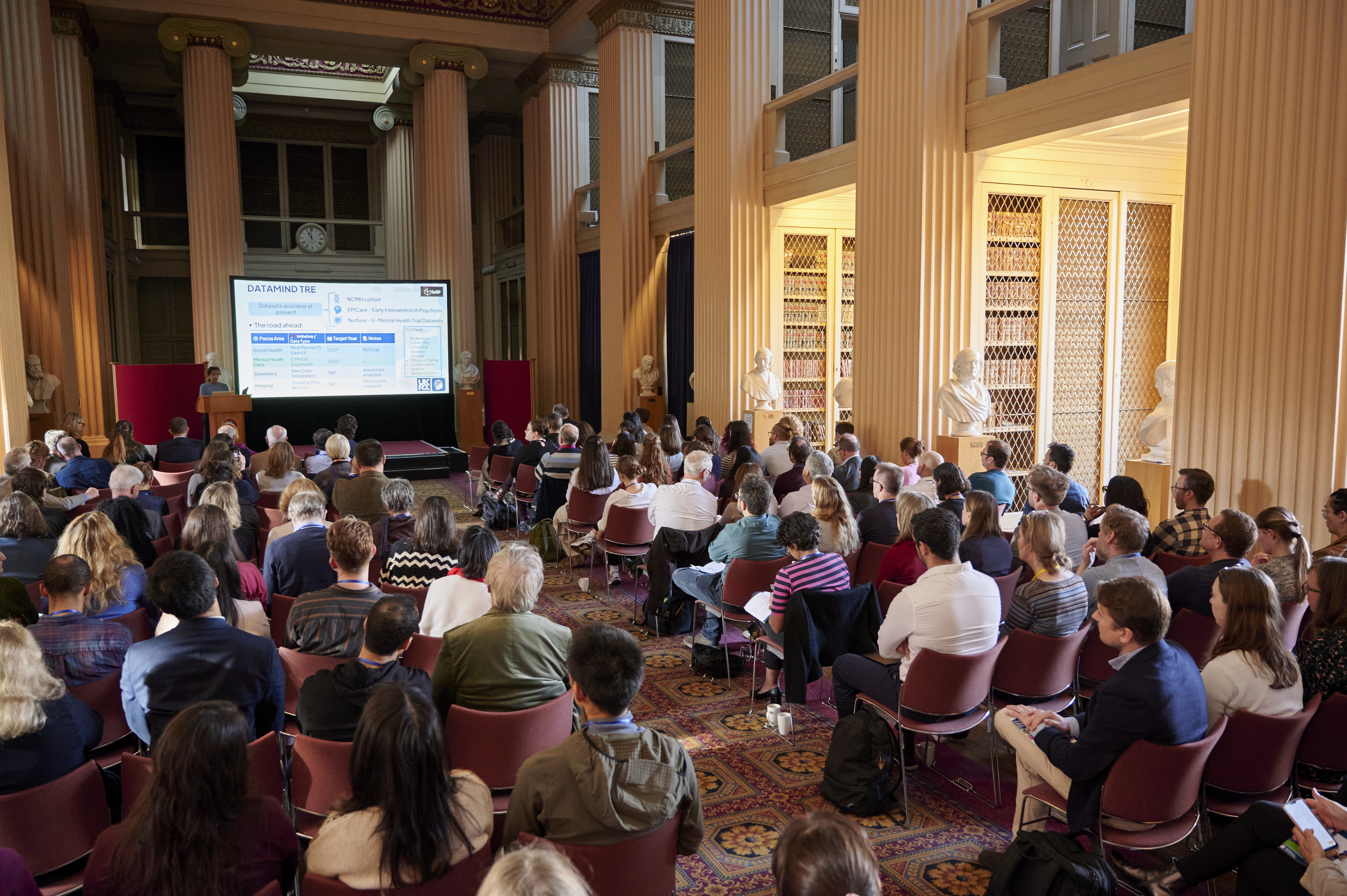
MHP Research Summit: An Early Career Researcher Perspective
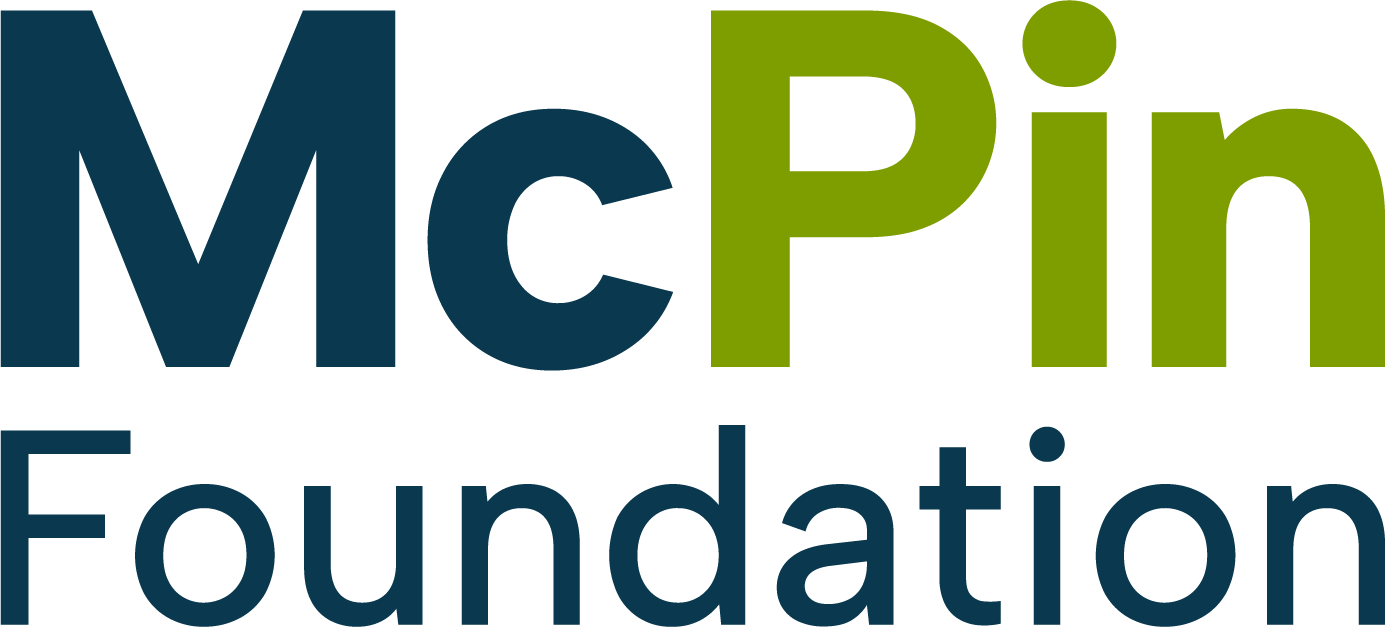
The Mental Health Platform is proud to work with McPin and grateful for their continued support


